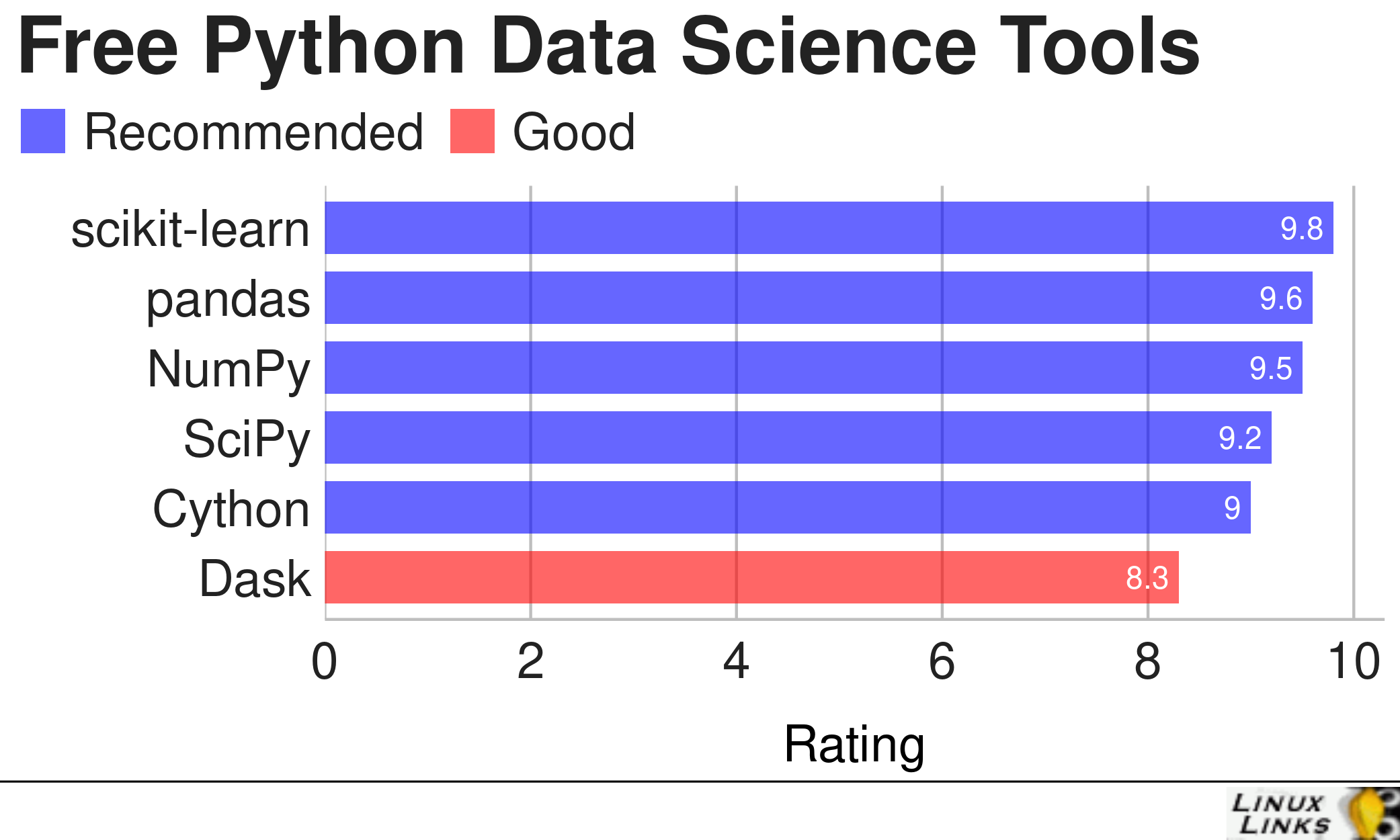Data science is an emerging, multidisciplinary field of scientific methods, processes, algorithm development and technology to extract knowledge or insights in ingenious ways from structured or unstructured data.
At the heart of data science is data. Buckets loads of it, streaming in and stored in enterprise data warehouses. According to IBM, globally, we currently generate over 2.5 quintillion bytes of data every single day. This data ranges from molecular biology to social media activity, astronomy, climate monitoring to health care. Large data sets are now generated by almost every activity in science, society, and commerce. There’s much to learn by mining that data, finding patterns and making predictions from this data. Data science is ultimately about asking interesting questions, and then finding answers using data that add value.
So what does a data scientist do? Well, they take a huge mass of data points and apply mathematics and programming to clean, massage, and organize the data into something meaningful. Data science dives in at a granular level to mine and understand complex behaviours, trends, and inferences. The best data scientists enjoy problem-solving, have strong analytical and statistical skill sets, technology skills, and have business acumen.
Python is arguably the go-to programming language for data scientists, particularly in industry (R is also very popular). Companies worldwide are frequently turning to Python to gain valuable insights from their data and get a competitive edge. Python is easy to learn, there’s excellent support, and there’s a Python interface available for almost all good data science libraries and machine learning frameworks. It’s an excellent language for data science mainly because of its wide range of libraries for storing, manipulating, and gaining insight from data.
There are so many excellent open source Python tools targeted at data science that the choice can be perplexing to say the least. Here’s 6 open source tools for anyone seeking to master or use data science. They come with our strongest recommendation. The open source software listed below is not intended to be an exhaustive selection.

| Python Tools for Data Science | |
|---|---|
| scikit-learn | Simple and efficient tools for data mining and data analysis |
| pandas | Fundamental high-level building block for doing real world data analysis |
| NumPy | Core package for scientific computing with Python |
| SciPy | Scientific computing tools for Python |
| Cython | Optimising static compiler for Python |
| Dask | Advanced parallelism for analytics |
A large part of data scientists’ day-to-day involves manipulating, analysing, and visualizing data. We covered our favourite Python Visualization Packages. All the software featured in that article are published under open source licenses. And if you’re looking to learn Python, don’t forget to explore the finest free Python books.
 Read our complete collection of recommended free and open source software. Our curated compilation covers all categories of software. Read our complete collection of recommended free and open source software. Our curated compilation covers all categories of software. Spotted a useful open source Linux program not covered on our site? Please let us know by completing this form. The software collection forms part of our series of informative articles for Linux enthusiasts. There are hundreds of in-depth reviews, open source alternatives to proprietary software from large corporations like Google, Microsoft, Apple, Adobe, IBM, Cisco, Oracle, and Autodesk. There are also fun things to try, hardware, free programming books and tutorials, and much more. |
